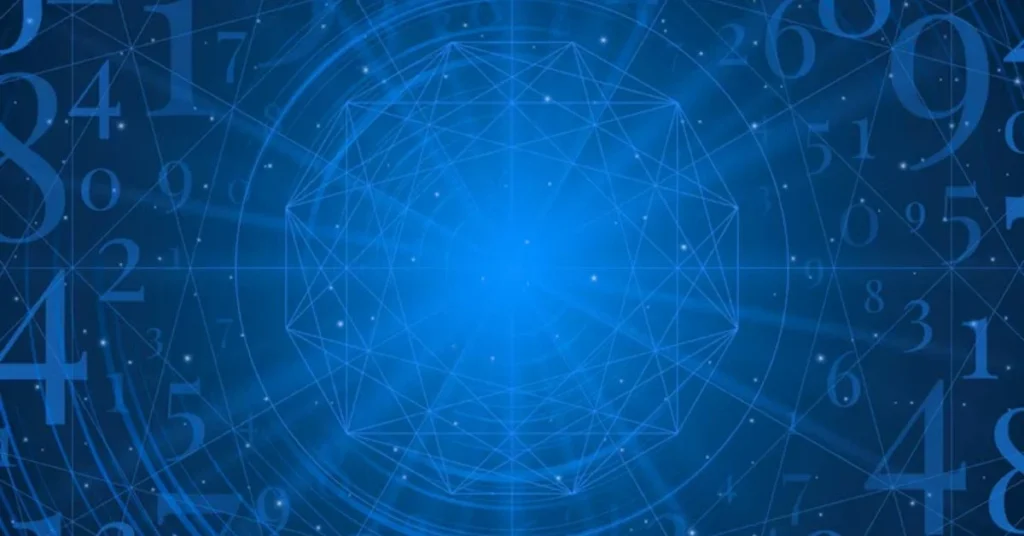Örviri is a term that has lately gained interest in specific internet groups, discussion boards for literature, and blogs about languages. Many have wondered about its symbolic meaning, function, and origins because of its cryptic beginnings and beautiful cadence.
Örviri can mean mystery, metamorphosis, or a concealed truth depending on its context, yet no one term has ever been agreed upon.
Linguistic Origins of Örviri
The precise origins of the term “Órviri” are yet unknown. A number of linguists, nevertheless, have postulated links to:
- Old Norse or Icelandic roots, due to the presence of “Ö” and the suffix “viri”
- A construct of fantasy linguistics, much like Elvish or Dothraki in literature
- An artistic pseudonym or concept word used by digital creators or musicians
Its similarity to real-world terms lends it a familiar but exotic charm, even if there is no straight translation in recognised dictionaries.
Örviri in Modern Culture and Online Use
On social platforms like Reddit, Tumblr, and Twitter, the term has been mentioned in:
- Cryptic posts and poetic prose
- Digital art captions with mystical or ambient themes
- Fantasy lore discussions where fans build fictional languages or narratives
Some even use it to represent a forgotten name, secret, or prophecy—making it highly symbolic and personal.
Symbolic and Mythical Interpretations
Örviri seems to invite interpretation. In community forums and blog posts, it has been described as:
- A symbol of inner awakening or rebirth
- A code word in alternate reality games (ARGs)
- A reference to an unseen force or guardian spirit
Its ambiguity allows users to assign their own meaning—making the term a kind of modern myth or meme-linguistic construct.

How Örviri Is Being Used in Media
Though not mainstream, the term has surfaced in:
- Indie music lyrics
- Short films and experimental art installations
- Metaphysical blogs and self-published books
- AI-generated fantasy scripts and dialogues
In many of these examples, Örviri functions like a magic word—an incantation that holds emotional or conceptual weight.
Örviri Context Reference Table
To better understand how Örviri is being used or interpreted, here’s a summary of its various contextual meanings:
| Context | Usage | Possible Meaning |
|---|---|---|
| Literary Fiction | Character name or mythical object | Symbol of knowledge or hidden power |
| Fantasy Language | Constructed language word | Means “awakening” or “the unseen” |
| Social Media | Used in cryptic messages or hashtags | Implying a secret or riddle |
| Metaphysical Blogs | Described in spiritual terms | Refers to soul alignment or destiny |
| Digital Art | Captioned on ethereal or dreamlike visuals | Aesthetic word with emotional depth |
Conclusion: The Ongoing Mystery of Örviri
Örviri never fails to captivate its audience, whether it’s a term from an extinct language, a creative work of poetry, or a tale from the digital era. As a reminder that not everything important requires a complete explanation, its appeal is in the room for personal interpretation rather than in any one set definition.
Örviri is a gentle defiance in a society where precise translations and quick facts rule the day—an invitation to ponder, investigate, and construct one’s own meaning.
What does Örviri mean to you?
Share your interpretation in the comments, start a conversation, or create something inspired by it.
FAQs
Q: Is Örviri a real word in any language?
A: Currently, the term doesn’t appear in formal dictionaries, but it may have roots in constructed or ancient languages.
Q: Where did this term originate?
A: Its origins are unclear. It may have emerged from online communities, fantasy storytelling, or experimental art.
Q: How do you pronounce the term?
A: The most common pronunciation is “UR-vee-ree,” though interpretations may vary depending on usage context.
Q: Can I use Örviri in writing or branding?
A: Yes. Since it’s not trademarked or widely defined, creators often use it in fictional or artistic projects.
Q: Is there a deeper meaning behind the term?
A: Many interpret it as symbolic of mystery, transformation, or the unseen—though meanings vary by context.
If you find this article interesting, click here for more.









